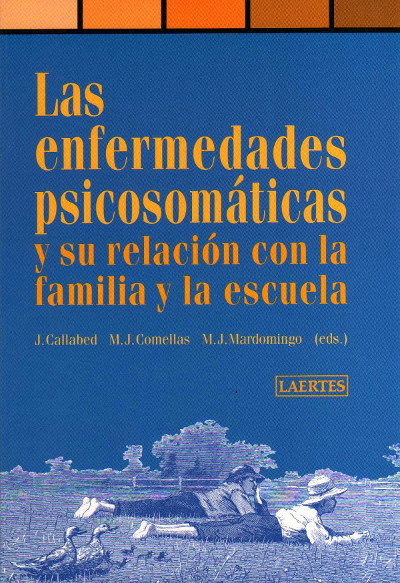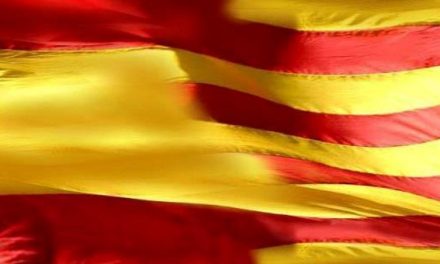
Joaquín Callabed, chairman of the Spanish Social Paediatrics Club and numerary member elect of the Royal European Academy of Doctors – Barcelona 1914 (RAED), has donated to the academy’s library a work entitled Las enfermedades psicosomáticas y su relación con la familia y la escuela (Laertes) (“Psychosomatic disorders and their links to family and school”), of which he is the editor and also the author of some of its chapters. The book, which has been produced with the collaboration of the Social Paediatrics Club, is an extensive compilation of works by paediatricians and specialists in all manner of childhood disorders of psychosomatic origin, such as colic, sleep disorders, enuresis (urinary incontinence) or sobbing spasm. Contributors also include child psychologists and psychiatrists, who address factors of childhood vulnerability, emotional deprivation or more specific cases, such as risk factors in children with disabilities or psychopharmacology.
“At a time when medicine is reaching high technological levels, with a corresponding decline in infectious and nutritional pathologies for example, genetics and surgery have chalked up some great achievements. But we doctors see clouds on the horizon, like psychosomatic problems which are daily becoming more frequent.” writes Dr Callabed at the start of his introduction to the book. They may be detected within the family, at school or in the doctor’s surgery. Access to information on these disorders can improve the health of our children and young people, and this is the goal that the multidisciplinary team addresses”.
The work, written with a clear mission to educate, informs parents, carers, and all types of child-care staff about psychosomatic disorders, their clinical diagnosis, ways to tackle them with clinical intervention and psychotherapy and the importance of addressing them at all levels; be it in the family, by paediatricians or at educational institutions. “According to recent epidemiological studies, between 8% and 10% of paediatric consultations can be regarded as psychosomatic”, explains Dr Callabed in his description of the scope of these dysfunctions, which can become pathological.
“Apart from psychological or biological explanations, whatever their focus, psychosomatic disorders are a clinical reality in the field of paediatrics, and they are on the increase. It is for this reason that paediatricians should be prepared, while not forgetting differential diagnosis in each case, to assume a key role in pathologies of this type,” concludes the member elect and close associate of the Royal Academy.


